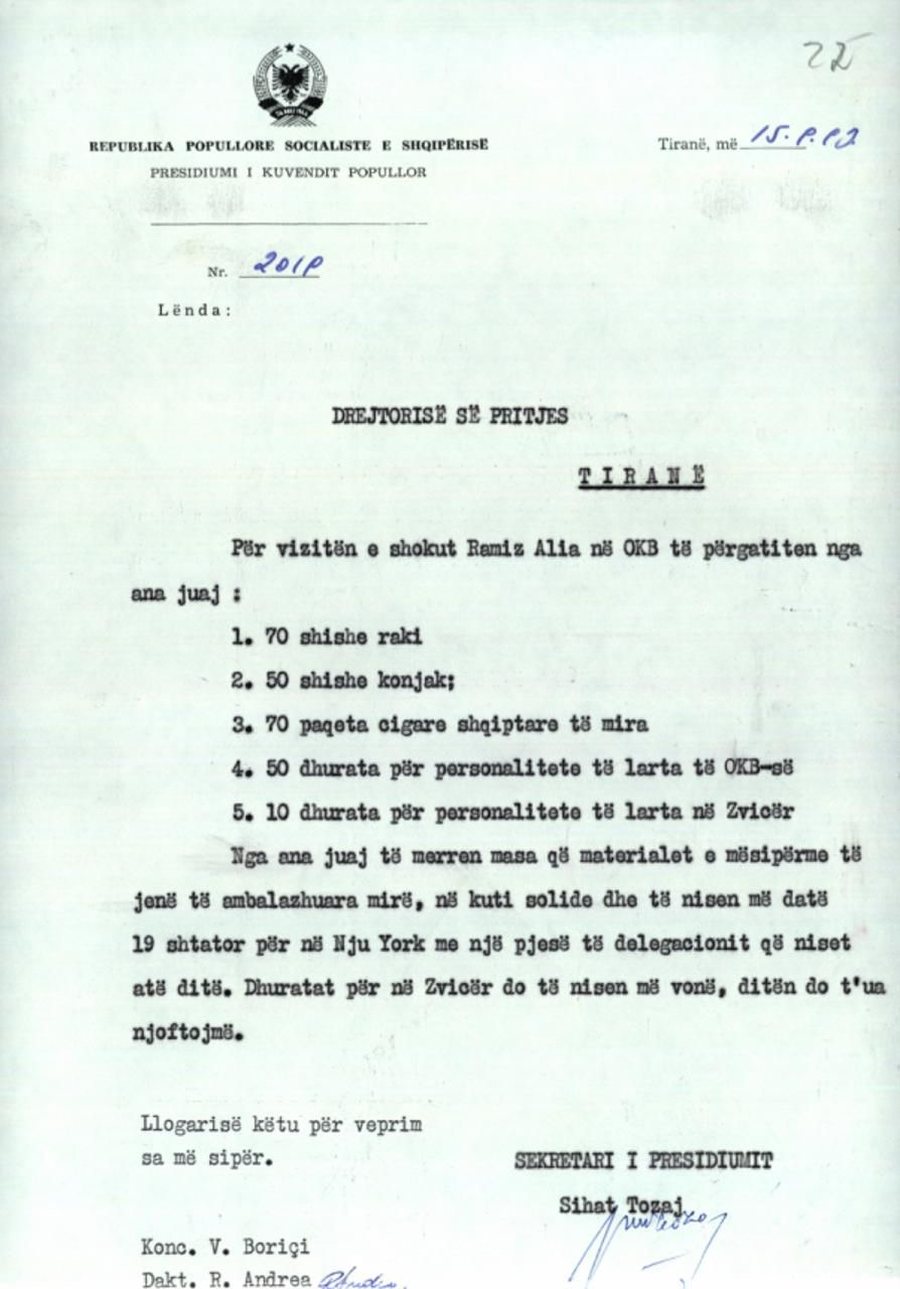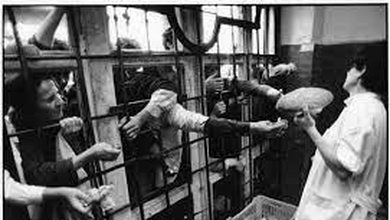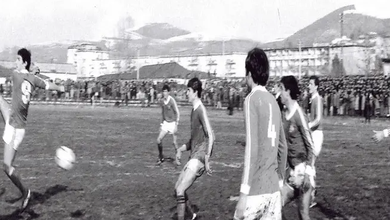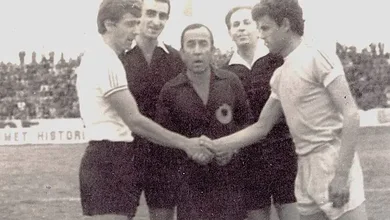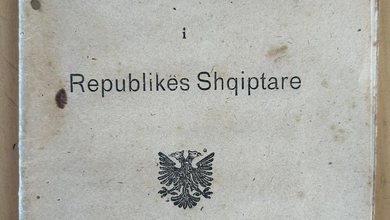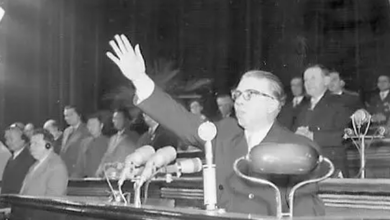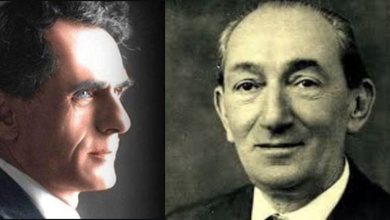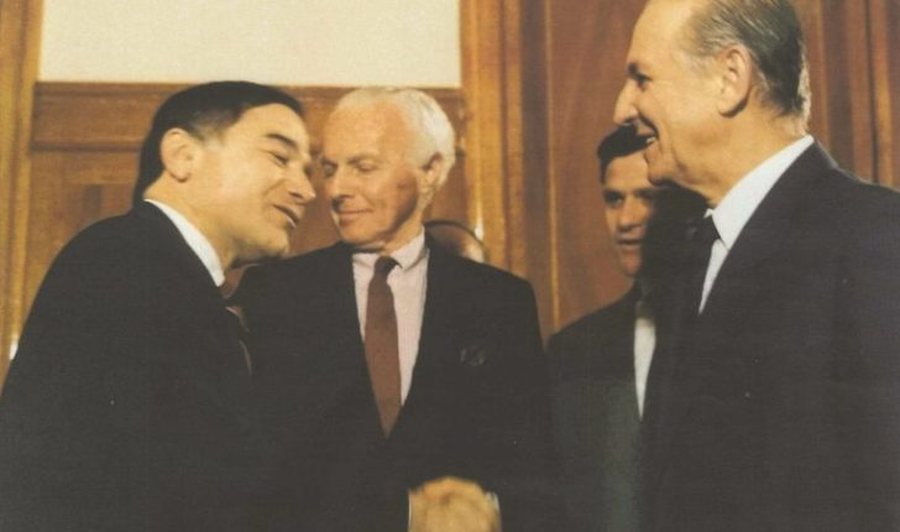
In September 1990, just a few months before the communist regime in Albania began to finally collapse, Ramiz Alia paid a visit to New York, where he participated in the proceedings of the United Nations. Documents from the time reveal a significant detail about the way the Albanian state at the time conceived of diplomacy and international representation.
In an official letter dated September 15, 1990, signed by the Secretary of the Presidium Sihat Tozaj, the gifts that were to be prepared for the Albanian delegation were listed in detail. Among them, the following stand out:
• 70 bottles of brandy
• 50 bottles of cognac
• 70 packs of good Albanian cigarettes
• 50 gifts for senior UN figures
• 10 gifts for high-ranking personalities in Switzerland
The document states that these gifts were to be well packaged, in solid boxes, and shipped to New York on September 19, as part of preparations for Alia's visit.
The diplomacy of brandy and cognac
Beyond the bureaucratic formality, this list sheds light on how the Albanian communist leadership tried to secure a place at the big table of world politics. Lacking economic, technological or military power, Albania at that time used “symbolic gestures” as an instrument: bottles of raki, cognac and cigarettes, which represented both the country’s most popular products and a mild form of diplomatic corruption.
Ramiz Alia distributed these gifts not only to foreign dignitaries at the UN, but also to the Albanian colony in the US, especially in Boston, where a large community of Albanian immigrants lived. For them, these gifts had a double symbolism: a sign of care from the “homeland”, but also a strong reminder of the paternalistic mentality of the regime.
A view of Albania in 1990
This document is not simply a logistical list. It shows how a closed and impoverished state struggled to maintain a facade of respect and equality with the world, while inside the country Albanians suffered from the most basic deprivations. Ironically, while the people waited in line for bread, their leader carefully kept a list of 70 bottles of raki that would travel to the United States.
This episode remains a living testament to the recent contradictions of the Albanian communist regime: mired in crisis, isolated, but still trying to appear on the international stage as a “normal” state – even if normality translated into gifts of raki, cognac and cigarettes.
